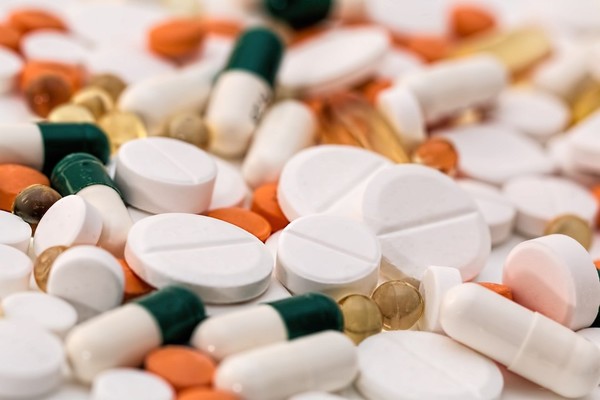Korean drug manufacturers are taking voluntary action by recalling or suspending the sales of tamsulosin, citing potential impurity concerns.

Tamsulosin is a drug used to treat urination disorders such as benign prostatic hyperplasia (BPH). Astellas Korea's Harnal-D Cap. is the top-selling drug, and Hanmi Pharm's Hanmi Tams Cap. is representative of domestic products. The drug recorded sales of 144.8 billion won ($112.9 million) in the Korean market in 2022.
This is not the first time that the possibility of detecting impurities in tamsulosin preparations has been raised. In March, the Ministry of Food and Drug Safety (MFDS) demanded that the pharmaceutical industry submit test data.
The ministry has also placed tamsulosin on the list for clinical reevaluation in 2025.
With companies due to submit safety data on impurities in their products by June, some pharmaceutical companies have suspended shipments to the market due to detections above the threshold.
Most recently, Huons voluntarily issued a recall for Tamlusin-D SR Cap. According to the latest recall details released by the Ministry of Food and Drug Safety on Monday, Huons recalled some of the Tamlucindy batch numbers due to concerns about excessive detection of N-Nitroso-tamsulosin.
N-Nitroso-tamsulosin is a type of nitrosamine that is known to be a possible human carcinogen.
The recall includes products with a best-before date of May 4, 2021, and a use-by date of Sep. 18, 2025.
"We are proceeding in accordance with the recall procedures and guidelines provided by the relevant ministries," a Huons official told Korea Biomedical Review.
Especially since Huon's Tamlusin-D SR Cap. is an item consigned by Genuonesciences, which has a total of 25 batches of drugs, industry watchers stressed that there is a high possibility that the recall may spread to other items soon.
"Considering that they were manufactured at the same factory using the same process, it is difficult to exclude the possibility of detecting impurities in other bundled drugs, so additional recalls are expected to be inevitable," an industry official told Korea Biomedical Review.

